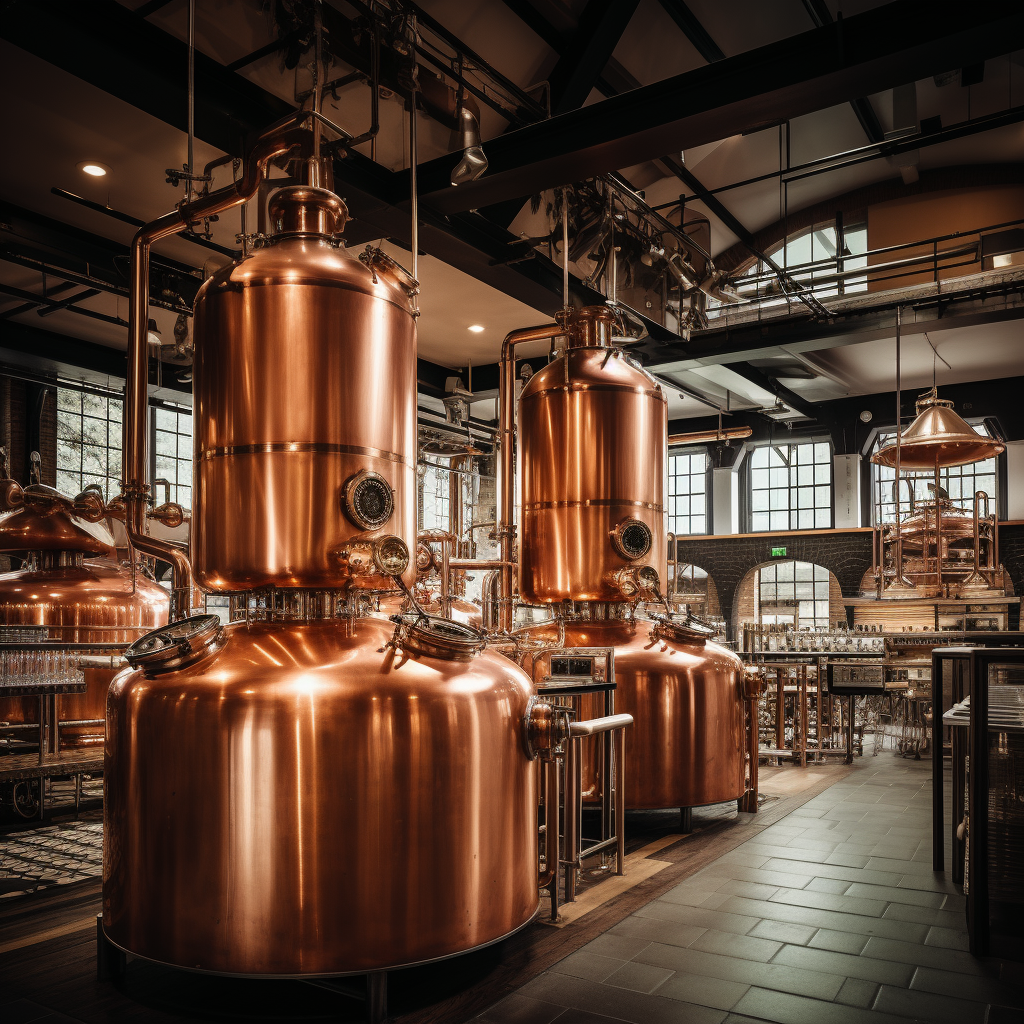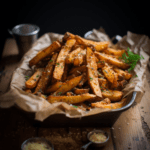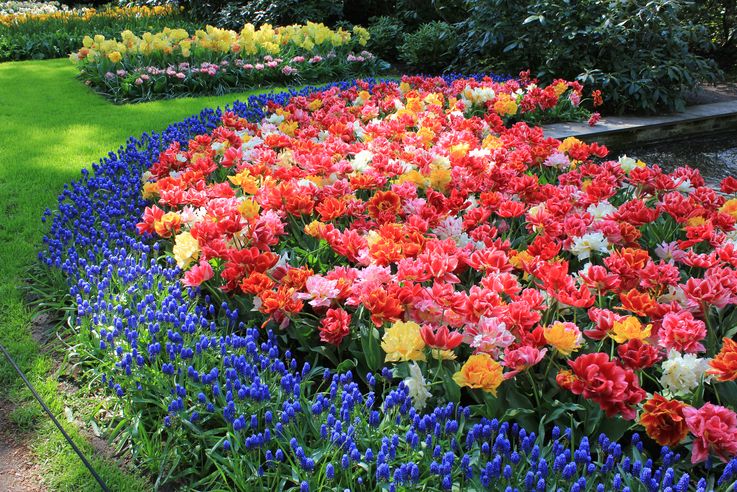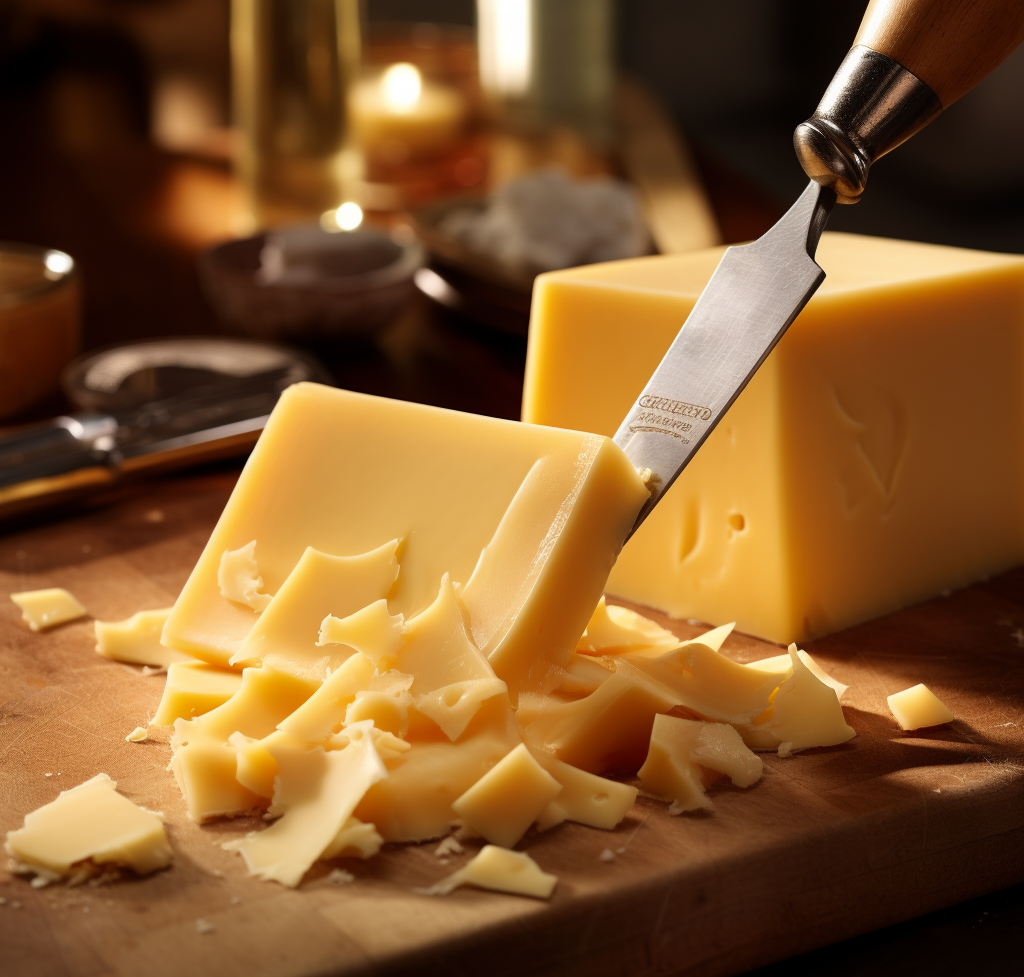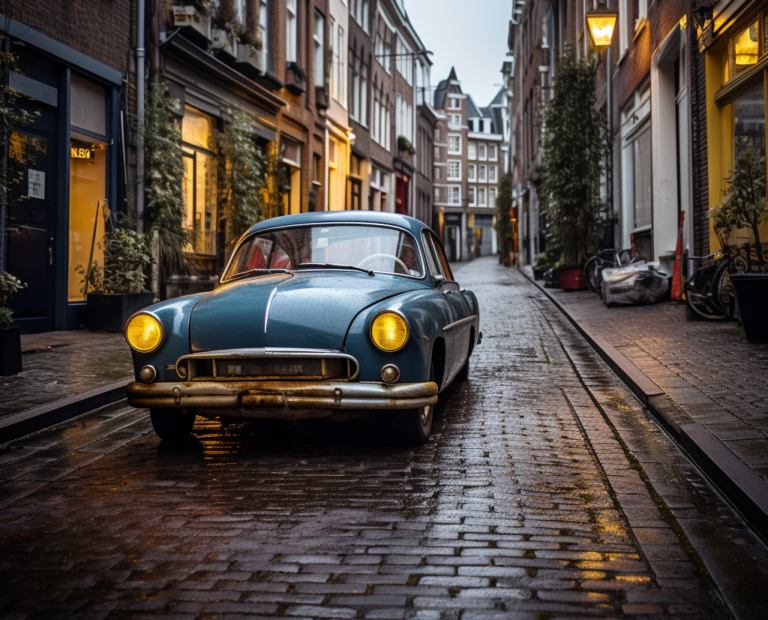Beer
Dutch Beer – a sip from the Dutch canals
The Netherlands may be best known for its picturesque tulip fields, historic windmills, and vibrant cultural scene, but there’s another aspect of Dutch culture that attracts enthusiasts from around the world – Dutch beer. With a rich brewing heritage dating back centuries, Dutch beer has evolved into a diverse and innovative industry, encompassing both traditional styles and cutting-edge craft brews. In this article, we’ll take a journey through the fascinating world of Dutch beer, exploring its history, iconic styles, and the global ambassador of Dutch beer – Heineken. We’ll also delve into the unique regional variety that influences beer availability in Dutch bars, and the esteemed presence of Brand beer, the oldest commercial and royal brewery in the Netherlands.
Brand: The Oldest Commercial and Royal Brewery of the Netherlands
Founded in 1340 in the picturesque town of Wijlre in Limburg, Brand holds the distinction of being the oldest commercial and royal brewery in the Netherlands. Throughout its long legacy, the brewery has remained dedicated to producing high-quality beers that embody the essence of Dutch brewing traditions.
As a brewery that has stood the test of time, Brand is deeply ingrained in the Dutch identity, and its beers continue to hold a special place in the hearts of Dutch beer enthusiasts. The Brand portfolio includes a range of distinctive beers, such as Brand Pilsner, Brand Lentebock, Brand Urtyp Pilsner, and Brand Imperator. Each beer showcases the brewery’s commitment to craftsmanship and heritage, making it a favorite choice among locals and visitors alike.
Iconic Dutch Beer Styles
As we explore the diverse world of Dutch beer, we’ll encounter a variety of iconic beer styles that have become synonymous with the Netherlands:
Dutch Pale Lager: The most common beer style in the Netherlands, Dutch pale lagers are light in color, refreshing, and characterized by a crisp, clean taste. Brewed with high-quality malt and hops, these beers are easy to drink, making them a favorite among locals and tourists alike.
Belgian-Style Ales: Due to its proximity to Belgium, the Netherlands has been influenced by its neighbor’s brewing traditions. Belgian-style ales, such as Abbey Dubbels and Tripels, have gained popularity in Dutch beer culture, offering a rich, malty profile with fruity and spicy notes.
Witbier: This traditional wheat beer is flavored with coriander and orange peel, giving it a zesty, citrusy aroma. Often cloudy in appearance, witbier is a delightful and refreshing choice, especially during warm summer days.
Bock Beer: A fall and winter favorite, Dutch bock beers are malty, sweet, and slightly stronger in alcohol content. They often feature caramel and toasty flavors, providing a comforting and hearty experience.
Dutch Trappist Beers: Another unique and revered beer style in the Netherlands is the Trappist beer. Trappist beers are brewed within the walls of Trappist monasteries, adhering to strict criteria set by the International Trappist Association. In the Netherlands, two monasteries produce authentic Trappist beers – the Abbey of Koningshoeven and the Abbey of Maria Toevlucht.
Abbey of Koningshoeven: Located near Tilburg, the Abbey of Koningshoeven is home to the famous La Trappe Trappist beers. La Trappe produces a wide range of beers, including La Trappe Blond, La Trappe Dubbel, La Trappe Tripel, and various special editions. These beers adhere to centuries-old monastic brewing traditions, offering complex flavors and a rich history.
Abbey of Maria Toevlucht: Situated in North Brabant, the Abbey of Maria Toevlucht is the other Trappist monastery in the Netherlands. It produces the Zundert Trappist beer, a relatively newer addition to the Trappist beer family. Zundert Trappist beers are characterized by their authenticity, craftsmanship, and dedication to quality, reflecting the monks’ commitment to their brewing heritage.
Heineken: The Global Ambassador of Dutch Beer
When it comes to Dutch beer on the international stage, one name stands out prominently – Heineken. Founded in 1864 by Gerard Adriaan Heineken in Amsterdam, Heineken has become one of the world’s most recognizable and successful beer brands. With its iconic green bottle and red star logo, the brewery’s presence is felt in over 190 countries, making it a true global ambassador of Dutch beer.
Despite Heineken’s global success, there exists a curious controversy when it comes to ordering “a Heineken” in some bars within the Netherlands itself. This is often due to exclusive contracts between bars and other breweries. In the competitive world of beer distribution, breweries may enter into agreements with bars and establishments to become the exclusive beer supplier. This means that the bar commits to serving only the beers produced by that specific brewery, which may include local, regional, or international brands.
As a result, in bars with exclusive contracts with other breweries, Heineken may not be available on tap or in bottles. Instead, patrons may find a selection of beers from a different brewery. This practice is not unique to Heineken but can apply to other beer brands as well.
It’s worth noting that the situation can vary significantly depending on the region, city, or even neighborhood within the Netherlands. Some bars may choose to offer a wide variety of beers, including Heineken, even if they have a contract with another brewery.
